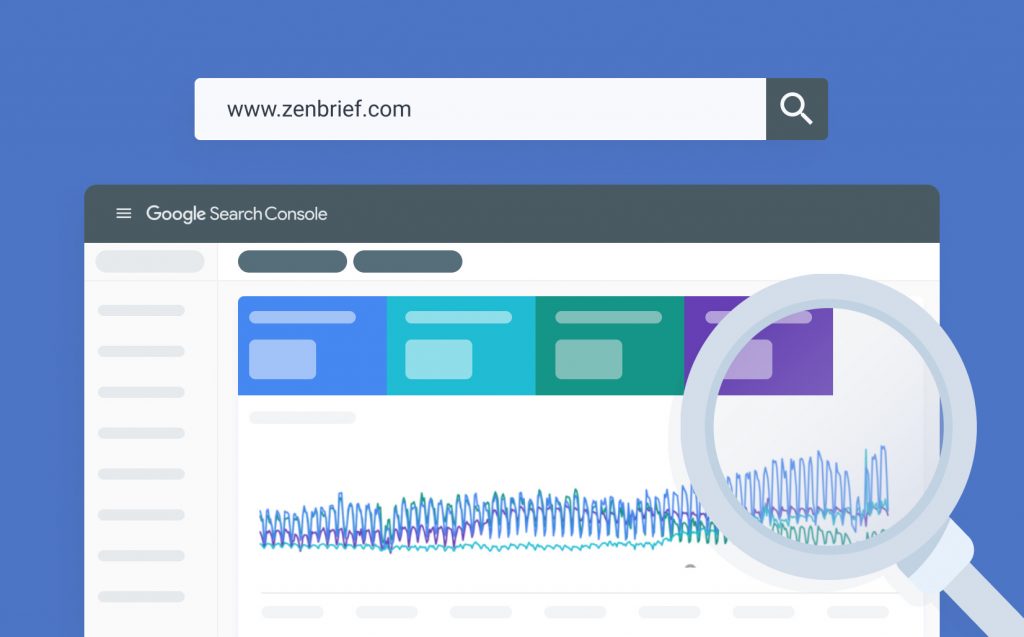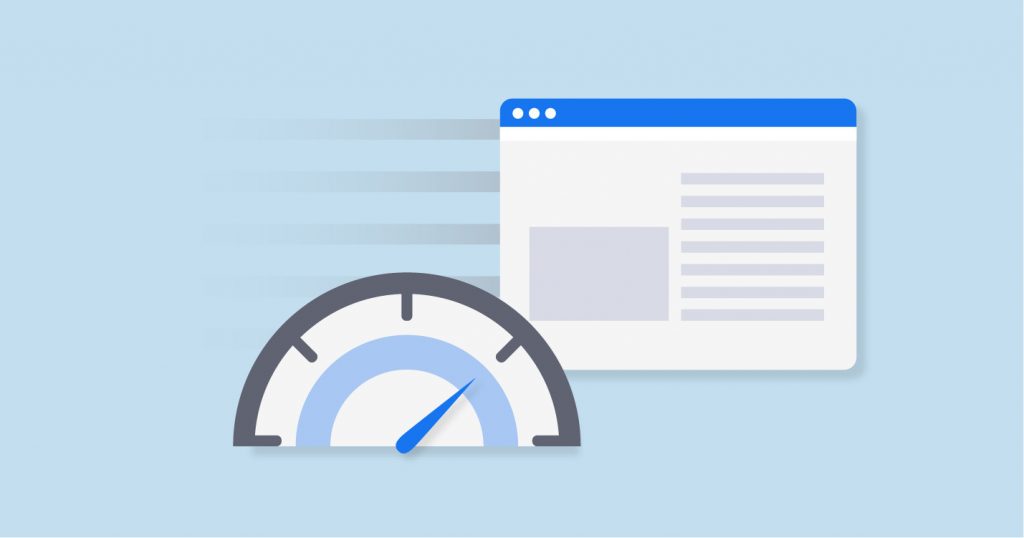1. Utilize Google Search Console
Set up Google Search Console, a powerful, free SEO tool that helps you monitor and optimize Search performance. See if Google can find and read your pages from the Index Coverage Report. Your website won’t be showing up on Google if it fails to index your pages. The Mobile Usability Report shows the issues of your pages that might affect User Experience, an important ranking factor, when viewed on mobile devices.
Consider submitting your sitemap to Google Search Console. Sitemaps tell Google which pages on your website it should know about and how it can crawl the content. Include your sitemap in the robots.txt file as well.

Set up Google Search Console, a powerful, free SEO tool that helps you monitor and optimize Search performance
2. Write Good Meta Descriptions
A meta description tag informs users with a short, relevant summary of a particular page. Write a unique meta description for each page, keep it under 160 characters, and include your target keyword there.
3. Create Positive User Experience
Make your content easily accessible to users by adopting a responsive design – set the viewport to match the device’s width and scale accordingly. Make sure to also have a logical and flat website structure so that content is easily navigated and any of your two pages are only a few clicks away from each other. Avoid showing intrusive interstitials to users. A popup that covers the main content and a standalone interstitial that users need to dismiss before accessing the main content are some examples.
4. Compress Images
Install an image compression plugin. Compressing your image decreases file size and improves Page Speed, one of Google’s ranking factors.
5. Improve Page Speed
Speaking of, other ways to speed up your website include removing unused plugins, optimizing Google Fonts, performing browser and server caching, minifying codes, and switching the DNS provider from your domain registrar, which is usually slow, to a faster one like Cloudflare. A content delivery network (CDN) should also be used so that it is quicker for international users to connect when requesting web pages.

A content delivery network (CDN) should also be used so that it is quicker for international users to connect when requesting web pages
6. Optimize Page Title
Optimize your page title by keeping it under 60 characters, matching search intent, and being brief but descriptive. Remember not to have duplicate titles across multiple pages.
7. Optimize H1
The H1 tag is an HTML element commonly used to mark up the page title. Use title case for H1s. It is usually only in forum posts you see lowercase or sentence case. Make your H1 tags compelling enough to entice clicks and your CSS styling should present H1 as the most prominent tag on the page.
8. Refresh Content
Freshness is a query-dependent ranking factor, meaning it matters more for some queries than others. Freshness is prioritized when it comes to discussing the ever-changing market trends, for example, hence the importance of refreshing content with new statistics and figures. For a query like ‘how to boil water’, freshness hardly matters because the process of boiling water never changes.

Freshness is a query-dependent ranking factor, meaning it matters more for some queries than others
Why New iMedia
As an award-winning digital marketing agency, New iMedia excels in helping businesses thrive in the age of digital transformation. We look forward to sharing more SEO strategies with you and place your business at the forefront of the field. Contact us for a free consultation and kick-start your SEO campaign today!








